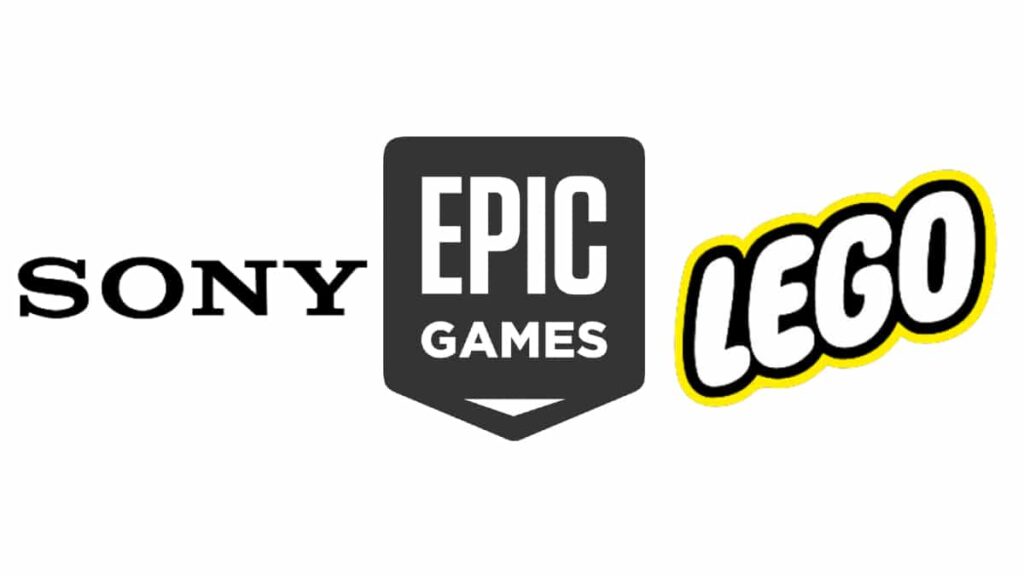Epic games strengthens its Metaverse silo.
- Most of the $2bn being invested in Epic Games will be used to build a version of the Metaverse that will bring together at least 2 of the current players and may offer a challenge to Roblox and Minecraft.
- Epic Games has raised $2bn at a post-money valuation of $31.5bn with Sony and Lego each investing $1bn each but Tim Sweeney will be left with over 50% of the shares meaning that he will still be in control of the company.
- Most of the $2bn will be used to build the Metaverse but what this means in practice remains unclear at this stage.
- Epic Games has two Metaverse related assets which are the Unreal Engine which is used to develop games and Fortnite which was created using the Unreal Engine.
- By contrast, Sony has very little other than its PlayStation VR hardware which is tied to its PlayStation console and Lego has nothing at all.
- I suspect that the Lego investment is mostly financial in nature but given Lego’s success in animation, there is very likely to be a Lego-compatible metaverse for its digital experiences in time.
- Most importantly, this investment ties together both Epic Games and Sony much more tightly which until today were considered by RFM Research to have separate and potentially competing offerings.
- The Metaverse, as it is today, is deeply threatening for both Microsoft and Sony as it is games that are likely to migrate to the Metaverse first and it is Meta Platforms that is the dominant player.
- This is likely to be what drove Microsoft’s acquisition of Activision and is what is behind this investment.
- Fortnite is one of the most popular multiplayer games globally and is yet to make an official appearance in VR despite being one of the most obvious games to first migrate in this direction.
- Fortnite is so popular and has been used for many things beyond last-man-standing battles that RFM considers it to be a metaverse contender in its own right.
- This combined with the Unreal Engine which is likely to become a major development environment used to create the Metaverse puts Epic Games in a good position.
- The problem as it stands today is that everyone is building their own version of the Metaverse which currently are completely incompatible.
- RFM research has concluded that unless all of these metaverses can be effectively merged into one like the Internet, then the Metaverse will fail to become the go-to digital destination and will remain a niche place to visit for games and media consumption.
- This investment cements Sony’s participation and is likely to mean that whatever Epic decides to do in the Metaverse, it will at least be fully compatible with Sony’s offering.
- This could take the form of optimising Fortnite for Sony hardware or in the creation of an alternative to Roblox or Minecraft.
- These are aimed mostly at younger users, would be very different to what is offered in Fortnite and would also be a digital location suitable for Lego-related content.
- This represents a slight reduction in the number of different versions of the Metaverse currently under development but much more is needed.
- RFM research indicates that if the Metaverse is to become the next version of the Internet where users spend the majority of their Digital Lives, then all versions must work together seamlessly.
- This is not the direction in which the industry is currently travelling meaning that a lot has to change.
- Fortunately, there is plenty of time as I don’t think the Metaverse is going to take off in any meaningful way for at least 5 years.
- Hence, there is time but this will be a tough problem to solve.
- I expect more deals and relationships of this nature to form over the next year or so.









Electric Vehicles – Unread ...
20 May 2024